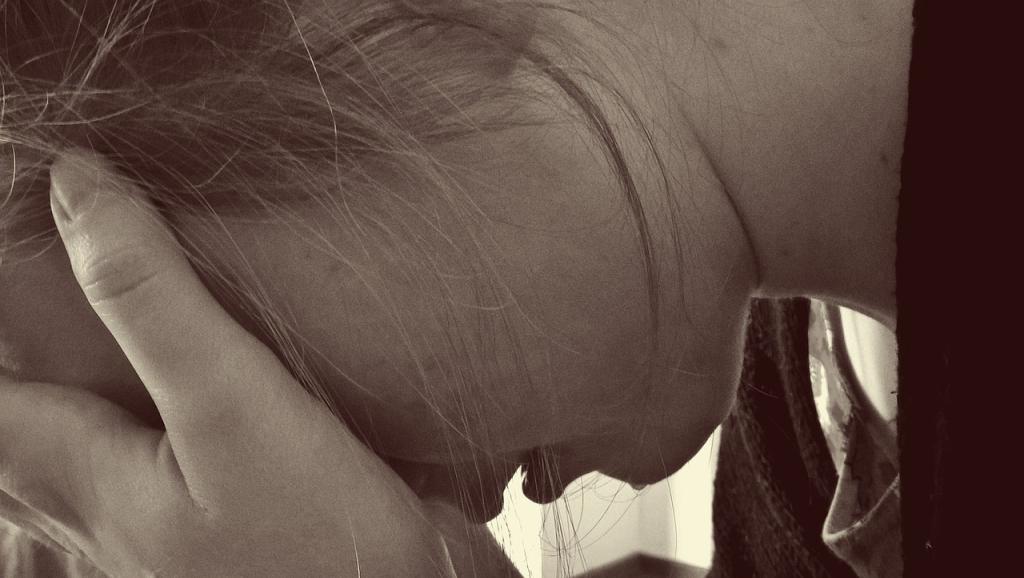
Image by Alexa from Pixabay
More teenagers die from suicide than from cancer, birth defects, heart disease, pneumonia, and influenza—combined. In fact, suicide is the second leading cause of death for ages 10-24. One source reports that for students in grades 7-12, there are over 5,000 suicide attempts each day in our nation. Let that number sink in for a moment. That’s over 200 attempts every hour of every day.
When I read the recent story of an 11-year-old boy named Tysen who hanged himself, it broke my heart. He eventually died from his self-inflicted injury. The news reported that Tysen had killed himself after receiving text messages that led him to believe his girlfriend had committed suicide. As it turned out, reports of the girl’s death were a prank, a costly hoax that ended tragically.
The most brutal funeral I’ve ever had to preside over was for a teenage girl who took her life because she thought she was ugly. Too often, I’ve sat with parents trying to make sense of a teen’s attempt to commit suicide.
In this Patheos article, Steve Kozak reports youth suicide rates have increased by 62% from 2007 to 2021. Nearly 20% of high school students have reported serious thoughts of suicide.
Again, the numbers are staggering, and the stories are devastating, but the battle for the lives of our youth is not hopeless.

Image by Alexa from Pixabay
Here are six things a parent can do.
- First and foremost, maintain a family environment of unconditional love and acceptance. There should never be a moment, let alone a day, when your child wonders if anybody truly loves them. Regularly, tell your child, “I love you with all of my heart, and I’m proud to call you my kid!”
- Model a life of meaningful relationship with God. Help your child learn to take their pain and struggle to the Father. I’m not saying religion is a cure-all, but genuine faith provides a context for hope and a connection to the One who has the answer to life’s greatest problems.
- Have daily conversations that help build and maintain an open channel of communication. At dinner, say, “Tell me about your high and your low for the day.” Listen for signs of hopelessness and discouragement. By the way, listen far more than you talk. Kids don’t want a parental lecture but need a safe place to share their feelings and fears. Don’t be afraid to talk about difficult and uncomfortable subjects such as bullying, pranking, sex, and suicide. A child is more likely to have hope when they feel loved, heard, and understood.
- Teach your kids that their words matter. The power of life and death truly is in the tongue (Proverbs 18:21). No parent can always protect a child from bullies who say and do mean things, but no parent should ever tolerate it when their child is the bully. Of course, your words as a parent matter too (even when you think your child isn’t listening), so speak positively into your child’s soul every day.
- Ensure your child has a “circle of four,” meaning at least four adults providing a godly and encouraging influence. Teens need the active involvement of several adults besides a parent, such as a coach, a teacher, a scout leader, and a youth leader or pastor. These adults provide support, a listening ear, and a life model that has powerful potential.
- Seek professional help if needed. As science advances and our understanding of the human body grows, it is more common and less of a stigma for people to face the physical and mental causes of depression. Hormonal imbalance and mental health issues significantly complicate the lives of many. Please take your child, without fear or embarrassment, to seek professional help if you suspect “something else” is happening. The proper medication and the right therapist can change a life for good.

Image by Orna from Pixabay
One more thing I must mention. You can do everything right and still see everything go terribly wrong. I have friends who have lost a child to suicide. I have stood at a graveside with wonderful parents who raised an amazing yet struggling child, and the number one question that plagues them is, Could we have done more?
I don’t have simple answers to complex situations. I don’t pretend to understand what it’s like to lose a child through suicide.
- Love every moment with your son or daughter and embrace their life as a gift from God.
- Do your best, but openly admit to all—including your kids—”I’m far from perfect.” (It’s okay. You’re in good company.)
- Reject shame because it never leads to anything good. You can live free in Christ.
- Get help. We are all broken, struggling, and needing support. It’s time to stop hiding in the shadows. Don’t put off finding the support you and your child need.
- Cry out to the Father who is, and always will be, close to the brokenhearted and crushed.
Suicide is a serious issue and one we must face if we are to stem the tide of this growing tragedy in our culture. So, live in hope, model hope, and pray for hope.
Lives are in the balance.
You can find out more about Kurt Bubna and his writing on Twitter and Facebook. You can read more about his views and insights, both in his books and on his website.













